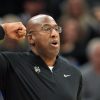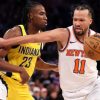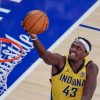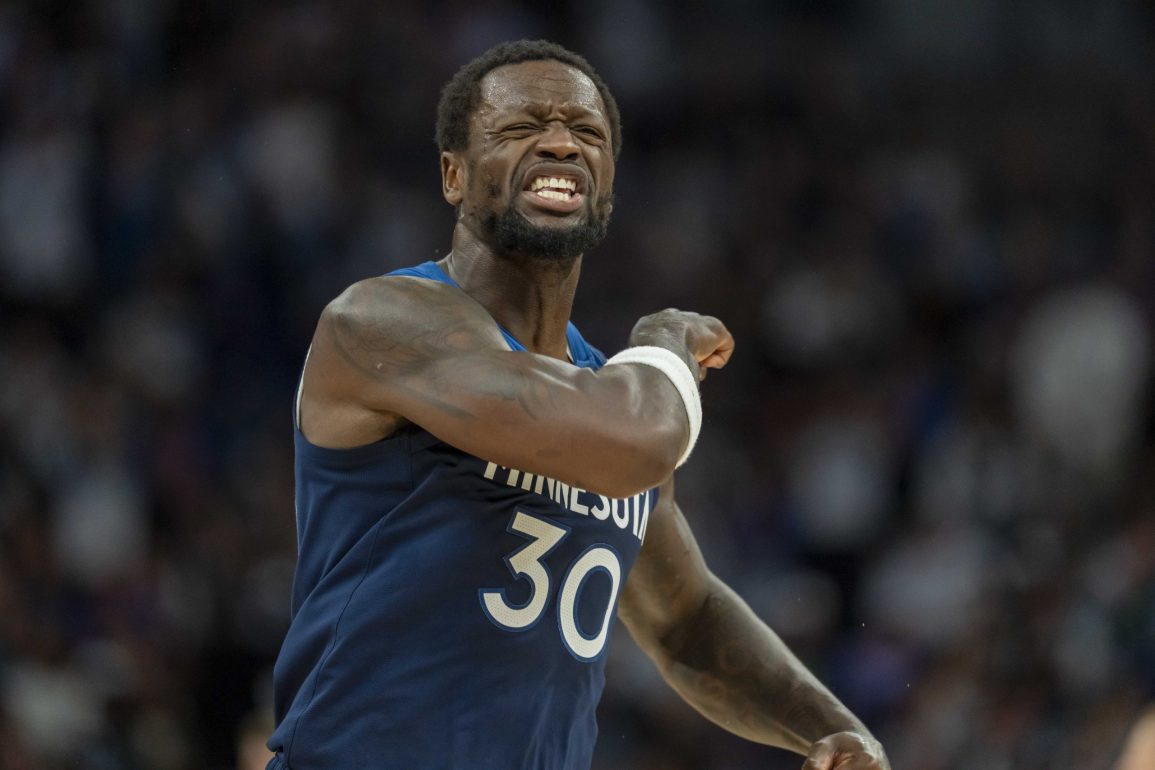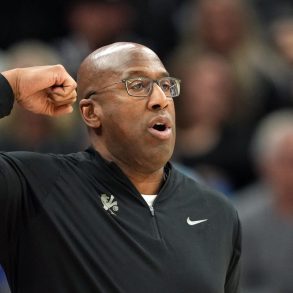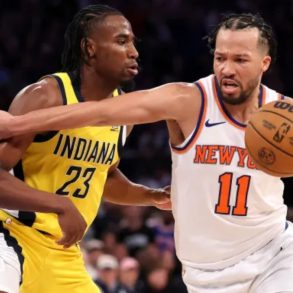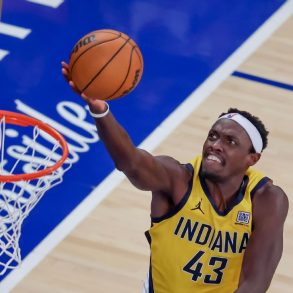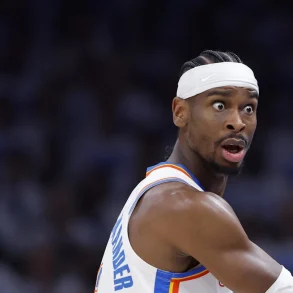Julius Randle’s journey with the Minnesota Timberwolves began not on the court but from the bench, where he observed and analyzed his new environment while recovering from injury. This time away from play proved crucial for Randle, as it allowed him to study the team’s system, understand his role better, and come back with a renewed focus. His strategic mindset and adaptability laid the foundation for his successful integration into the Timberwolves’ roster.
Once dismissed as an inadequate replacement for Karl-Anthony Towns, Randle silenced critics with a standout performance in the first round of the playoffs. Facing the Los Angeles Lakers, Randle averaged 22.6 points, 5.2 rebounds, and 4.4 assists, playing a pivotal role on both ends of the court, including effective defense against LeBron James. His efforts were instrumental in the Timberwolves defeating the Lakers in just five games, propelling the team into the second round.
Randle emphasized the Timberwolves’ collective identity and chemistry as core strengths heading into their second-round matchup against the Golden State Warriors. While acknowledging Anthony Edwards as the team’s centerpiece, Randle highlighted the depth and versatility of the roster. His belief in shared responsibility and trust among teammates reflects the mature mindset he brings to the locker room.
Skepticism Surrounds Randle as He Battles Pressure and Adjusts to New Team
The trade that sent Randle to Minnesota in exchange for Karl-Anthony Towns was met with skepticism, given Towns’ historic significance to the franchise. The transition was emotionally and logistically challenging for Randle, who had spent five years with the Knicks. Moving to a new city with a growing family and recovering from shoulder surgery, Randle faced intense pressure from fans and media alike.
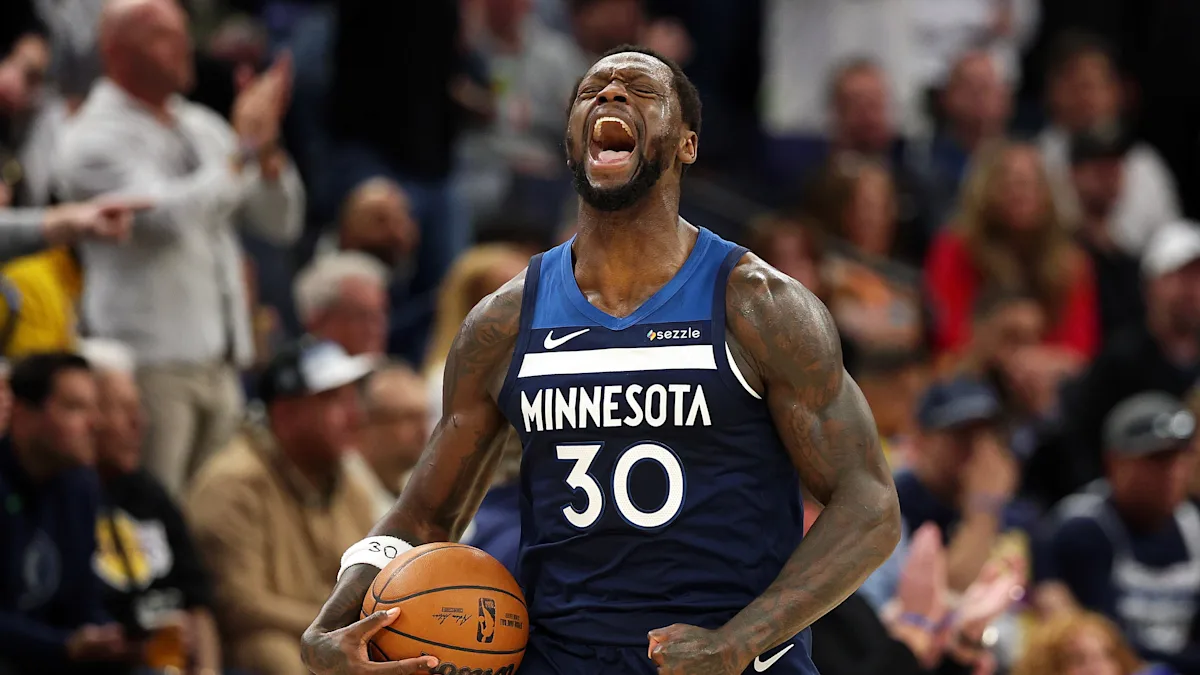
A rocky start to the season only intensified doubts about the trade, with critics like Kendrick Perkins calling it potentially one of the worst in NBA history. While Towns flourished in New York, Randle struggled to find his rhythm initially. However, Timberwolves coach Chris Finch, who had coached Randle before, urged him to be more assertive. Randle responded by tuning out the noise and focusing on internal growth and consistency.
From Injury to Impact: Randle Returns Stronger, Leads On and Off Court
Randle’s groin injury in late January marked a turning point. Watching his team falter during his absence, he gained a clearer understanding of where he could contribute more effectively. Upon returning in March, Randle elevated his game significantly, averaging 18.2 points, 6.8 rebounds, and 5.2 assists with improved shooting. His return sparked a Timberwolves surge, finishing the regular season with a strong 18-8 post-All-Star break record.
Randle’s influence extended beyond statistics. His leadership and work ethic inspired teammates, including Anthony Edwards, who adopted Randle’s habit of arriving early for games. Randle credits his professional discipline to his time with Kobe Bryant, striving to lead by example rather than dictate. His focus is on maximizing Edwards’ potential while continuing to refine his own game.
Off the court, Randle and his family have found comfort and peace in Minneapolis. The recent birth of his daughter, Romi Joelle, and the open spaces for his sons to play have contributed to their happiness. Randle described life in Minnesota as “laid back” and full of “good people,” signaling that both his professional and personal transitions have reached a harmonious balance.
